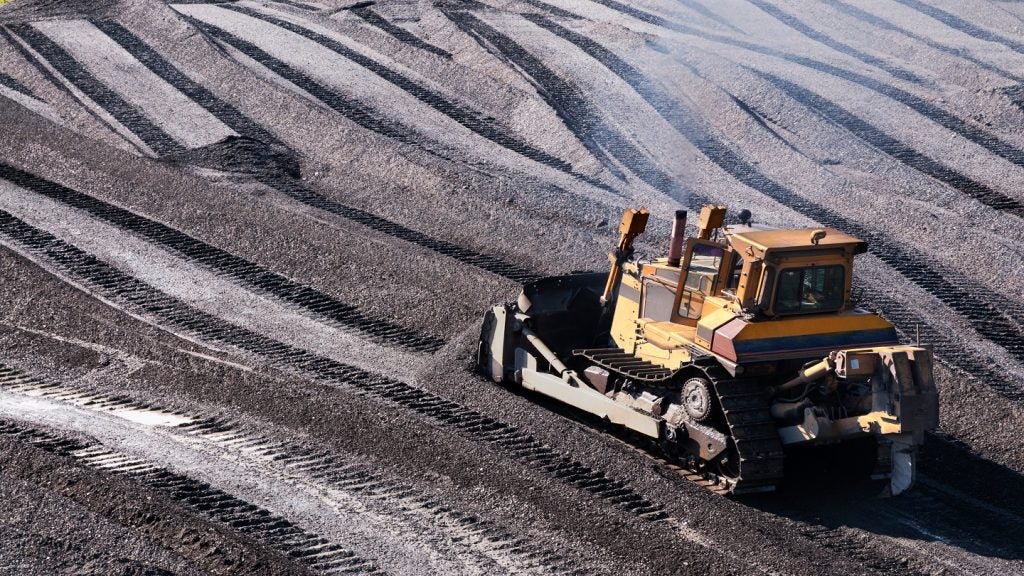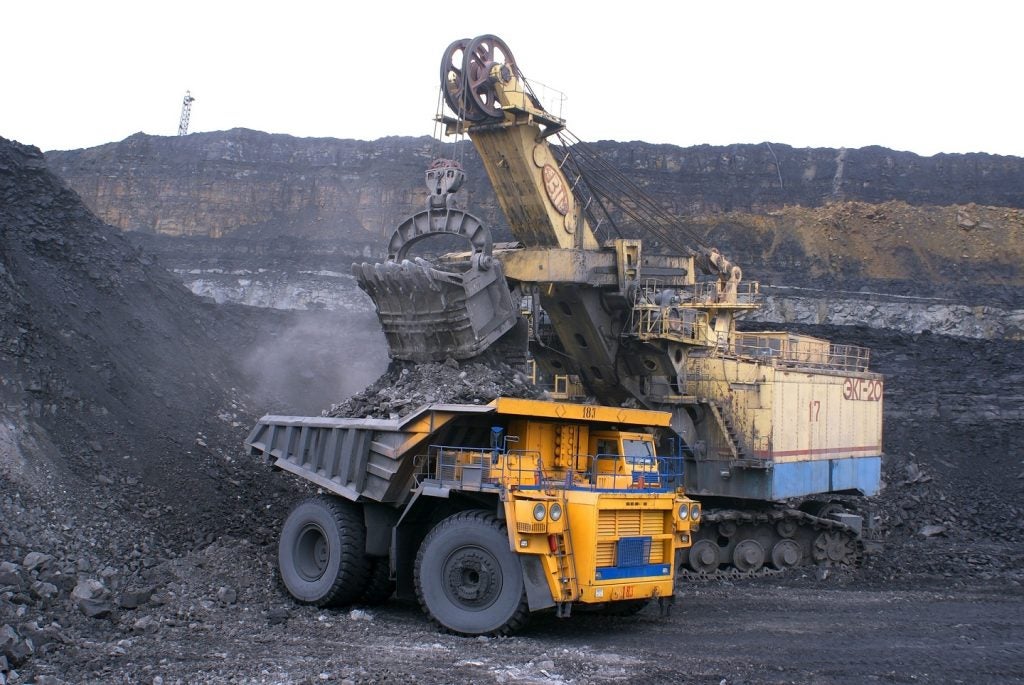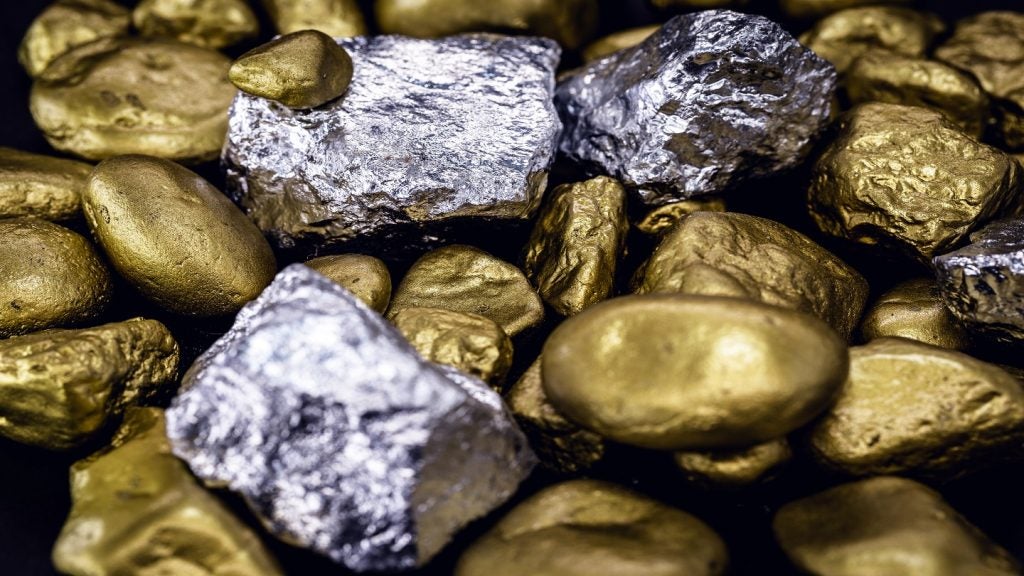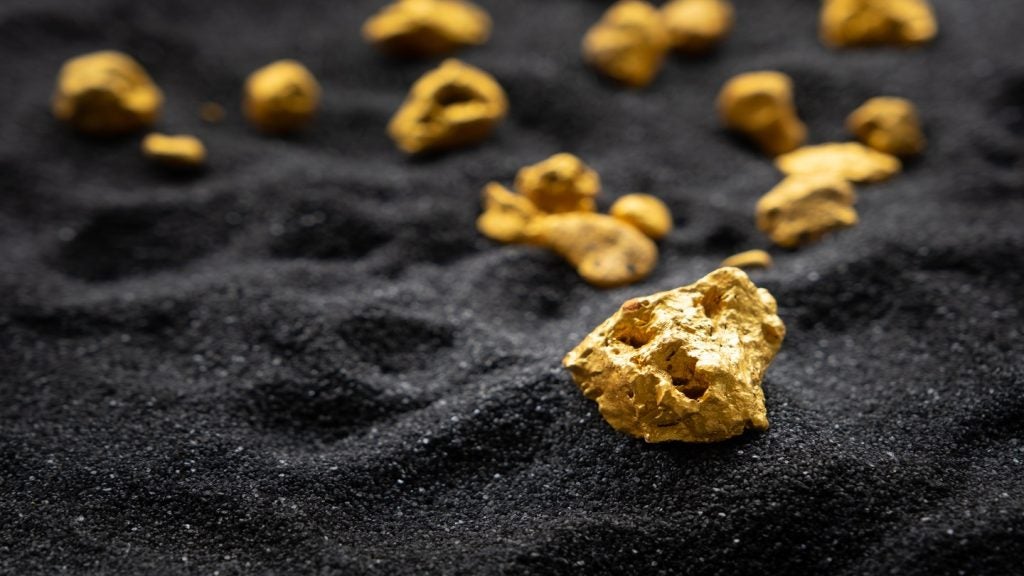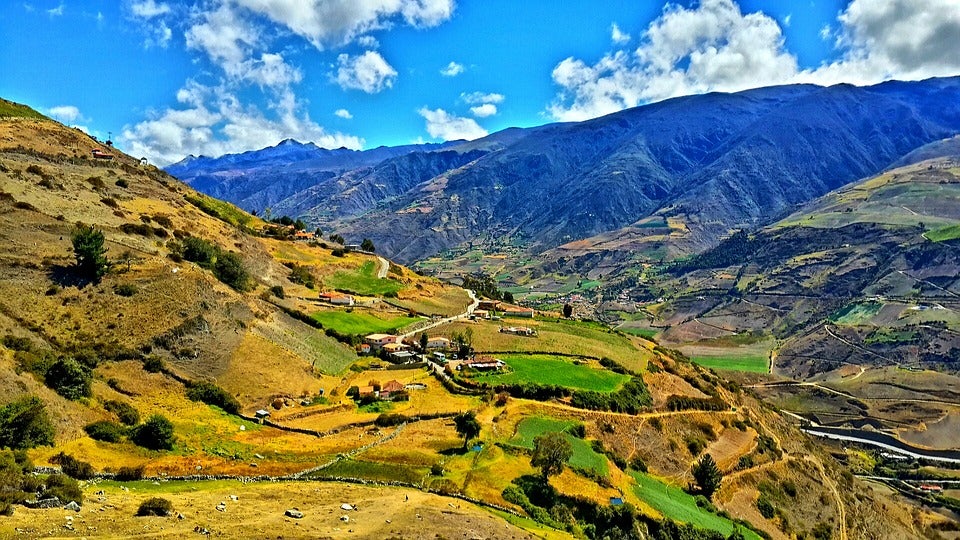
Located in the historic El Callao District of Venezuela, the Choco 10 mine, 95% owned by Canadian junior Rusoro Mining, produced 126,000 ounces of gold in 2009. Five-kilometres away, another Rusoro 50% owned project, Isidora, was producing 25,000 ounces of gold a year.
According to the Rusoro, which acquired the mining licences between 2006 and 2008, the company had total gold reserves of 5,584,000 ounces in Venezuela, as well as further estimated resources of 6,805,000 ounces.
That was until, in 2011, former Venezuelan president Hugo Chávez nationalised the gold industry and seized Rusoro’s assets – causing its share price to plummet.
The decision by the socialist government was a devastating blow to Rusoro.
At the time of the seizure, the company had been planning to expand Choco 10, having received “very favourable economics in the Feasibility Study… of $1.26 bn and an internal rate of return of 40% (pre-tax).”
All operations were now on hold.
How well do you really know your competitors?
Access the most comprehensive Company Profiles on the market, powered by GlobalData. Save hours of research. Gain competitive edge.

Thank you!
Your download email will arrive shortly
Not ready to buy yet? Download a free sample
We are confident about the unique quality of our Company Profiles. However, we want you to make the most beneficial decision for your business, so we offer a free sample that you can download by submitting the below form
By GlobalDataRoute to recourse
Initially Rusoro tried in vain to negotiate with the government and form a joint venture for its projects, but was forced to take legal action to claw back its investment.
It decided to launch an international arbitration proceeding in the World Bank International Centre for Settlement of Investment Disputes. In 2016, a unanimous arbitration award was issued in Rusoro’s favour, granting the company $967,77m, plus pre and post-award interest, equating to in excess of $1.2 bn. This is due to be paid immediately by the government of Venezuela. Rusoro had originally sought $3.03bn.
However, the payment was withheld and the company was forced to spend even more time and money chasing it – noting the money due was gaining interest of $80m a year.
Eventually on 19 October 2018, Rusoro announced it had reached a settlement agreement with Venezuela, pursuant to which the Venezuelan government had agreed to pay the company over $1.28bn via an initial instalment of $100m, followed by monthly payments over a five year period starting in Jan 2019. It’s not clear if this has yet been paid and it’s likely Rusoro is in a long line of debtors owed money by the government.
Risk of resource nationalism
Though the settlement is a major victory for Rusoro, it also shows how costly, lengthy and damaging outright expropriation of a mining company’s assets can be.
A newly released Verisk Maplecroft Resource Nationalism Index (RNI), shows that, while expropriation of mineral assets is less of a risk than it used to be, 30 countries have witnessed a significant increase in such incidents over the last year. This has affected 21 major producers of oil, gas and minerals.
These include, Venezuela, which is joint top of the list with the Democratic Republic of Congo (DRC), as well as Tanzania (3rd highest risk), Zambia (17th) Gabon (23rd) and Equatorial Guinea (40th).
The RNI measures the risk of expropriation, the imposition of more stringent fiscal regimes, and pressure for companies to source goods and services from local providers and identifies indirect forms of resource nationalism, including increasing tax pressures, changing contractual terms, and stronger local content requirements.
Venezuela’s bottom ranking is, according to Maplecroft, due to “a very uneven playing field, in which only those with ties to the government can expect to survive.”
The report notes that “Increasing state control over the economy since 2002-2003 has squeezed out the private sector. Investors risk being caught up in competition between various military-backed factions. Companies in partnership with state owned entities face abrupt changes, including in management and strategy.”
The report also adds that seizures often occur on arbitrary grounds, with little warning or justification.
Reducing risk
Venezuela is a country in deep political, social and economic turmoil. The geopolitical risks of operating there are now so well-recognised that few foreign companies have a footprint in the country.
But nevertheless, the Rusoro saga should serve as a lesson in understanding this risk.
“I think, what this shows is, if you are going to be operating in a difficult country, whether from a geopolitical, social or environmental perspective, you need to go in eyes-wide-open,” says Richard Shirreff, co-founder and managing partner at Strategia Worldwide.
“That means really understanding your risks from the start and not just specific ones – technical or environmental – but understanding geopolitical risk and designing a properly considered strategy to manage this risk.”
He adds that is important to create a structure and way to handle government relations, so that if anything does happen, the possibility of arbitration is much higher. Companies can demand international arbitration within mining contracts and many countries have bilateral investment treaties, such as Canada and Venezuela had.
However, in the case of very radical governments, international arbitration is not always protection – Venezuela, for example, withdrew from the World Bank International dispute centre in 2012.
Being aware and mitigating risks is important, not least because investors are now considering it a major reason not to finance a project.
“Companies will need investment, and financiers need to be reassured that companies have thought through risk properly,” adds Shirreff.
Avoiding the chaos
In the early noughties, during what is known as the commodities ‘super-cycle’, resource nationalism became a considerable issue for mining companies, as governments were keen to reap more benefits from their national resources. But badly managed projects and falling prices saw them once again seek private investment.
Today, it is less of a liability, and according to the RNI report, 24 countries have seen a reduction in resource nationalism risk, including Zimbabwe (joint 5th), Vietnam (25th), Ecuador (46th) and Guinea (94th).
In particular, Eileen Gavin, Latin American affairs at Verisk Maplecroft, says the threat in Latin America has reduced.
“Bolivia, where there is a radical-left wing government, has slightly higher risk, but they also live fairly harmoniously with private investors, unlike in Venezuela,” she says.
Risk in Mexico has also slightly increased with the election of the new government due to its populist policymaking that, Grant says, is “definitely unsettling the oil sector.”
Overall, social licence and permitting risk is still much higher than resource nationalism, but companies must be aware of the creeping risk of protectionism and punitive policy making, as is happening in the DRC. Last year the government launched a new mining code stating that royalties can rise as high as 10 % for ‘strategic minerals’. A ten year stability clause that offered protections for existing mining projects was also axed.
In the end, despite avenues for arbitration and settlement, in regards to resource nationalism it is usually the company that irreparably suffers when something unforeseen happens. For example, it took Rusoro nearly 10 years to win a settlement, that, due to US sanctions on Venezuela, it is now struggling to process payments from.
The lesson is carefully planned mitigation is always better than litigation or remediation.



